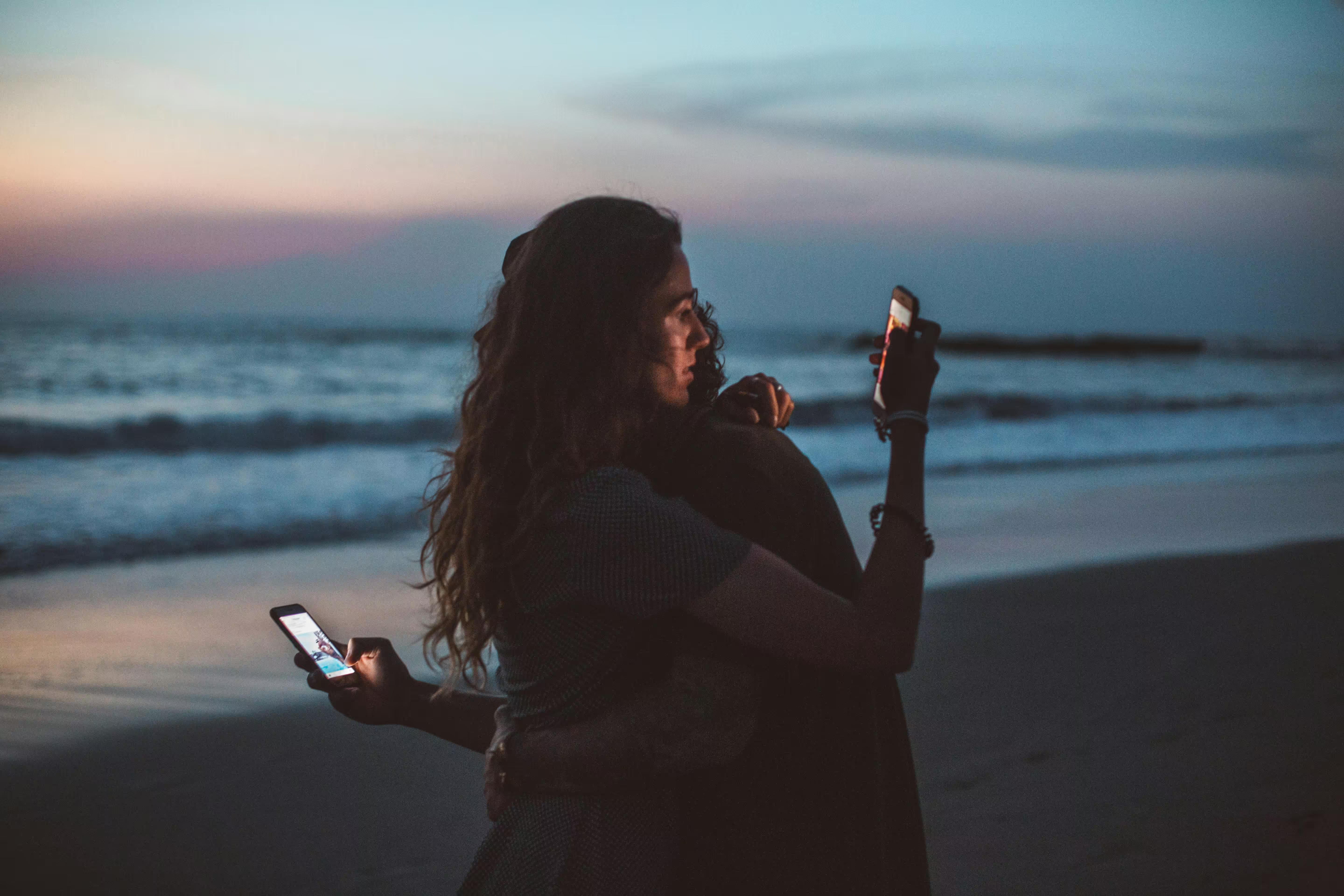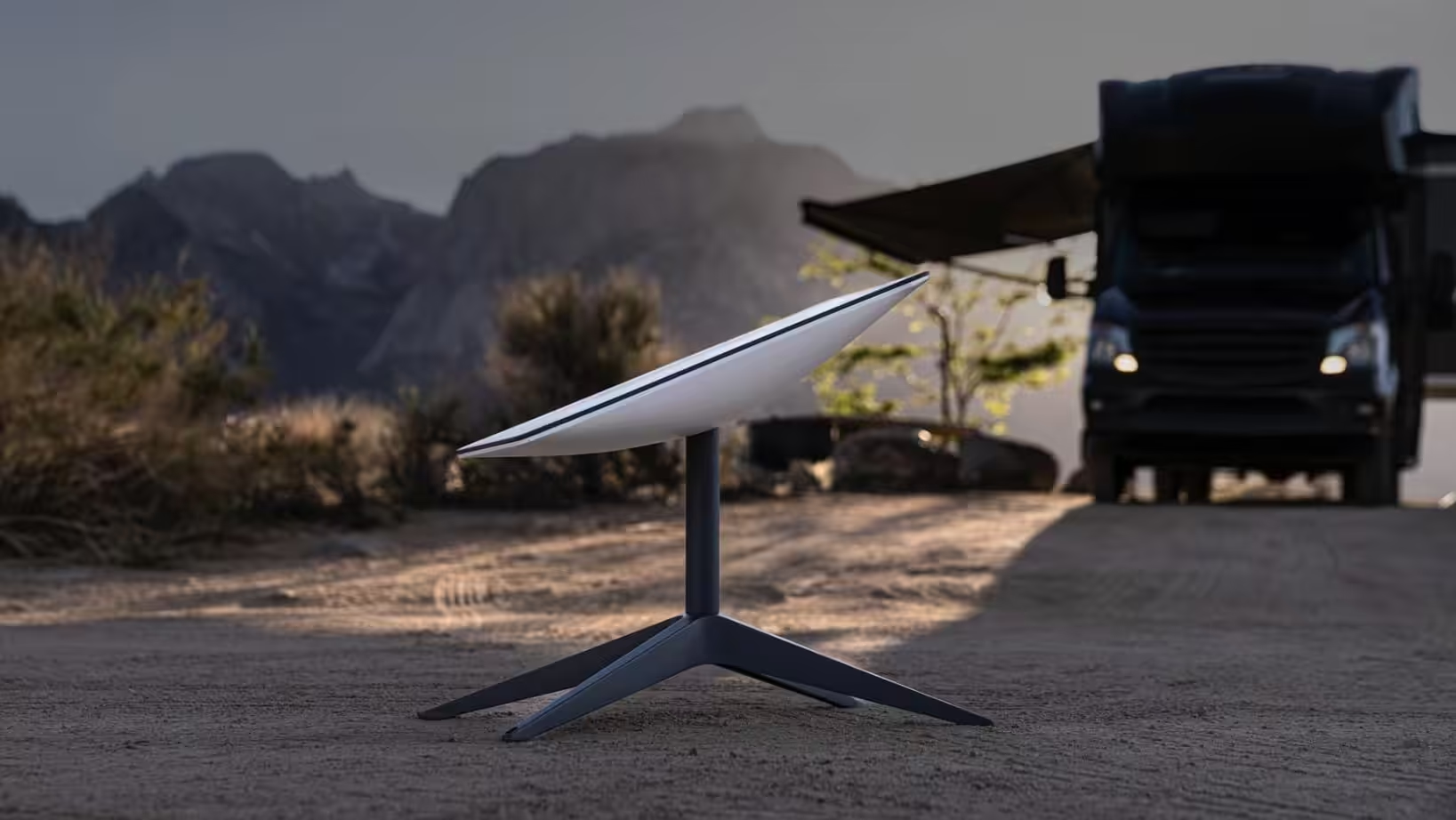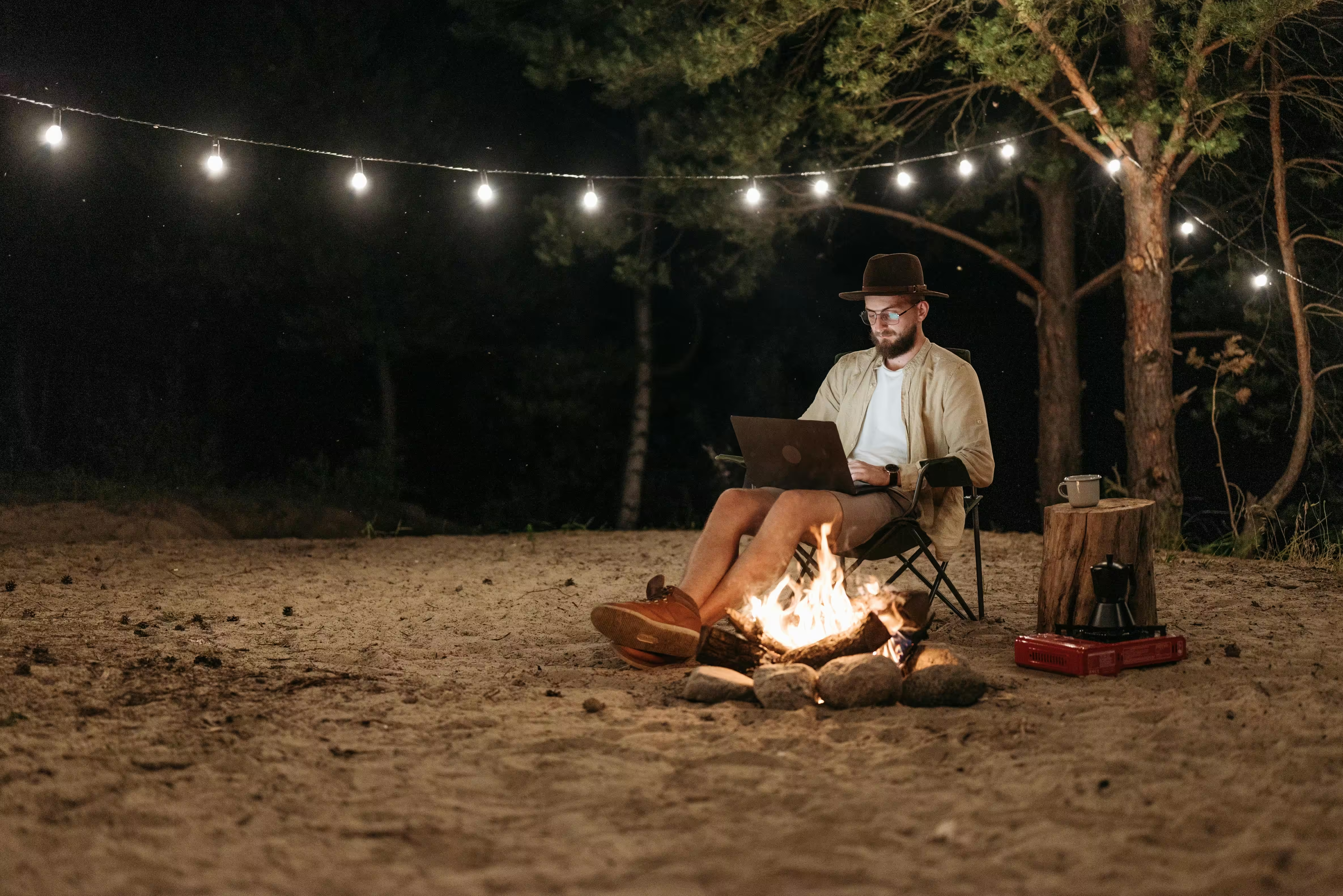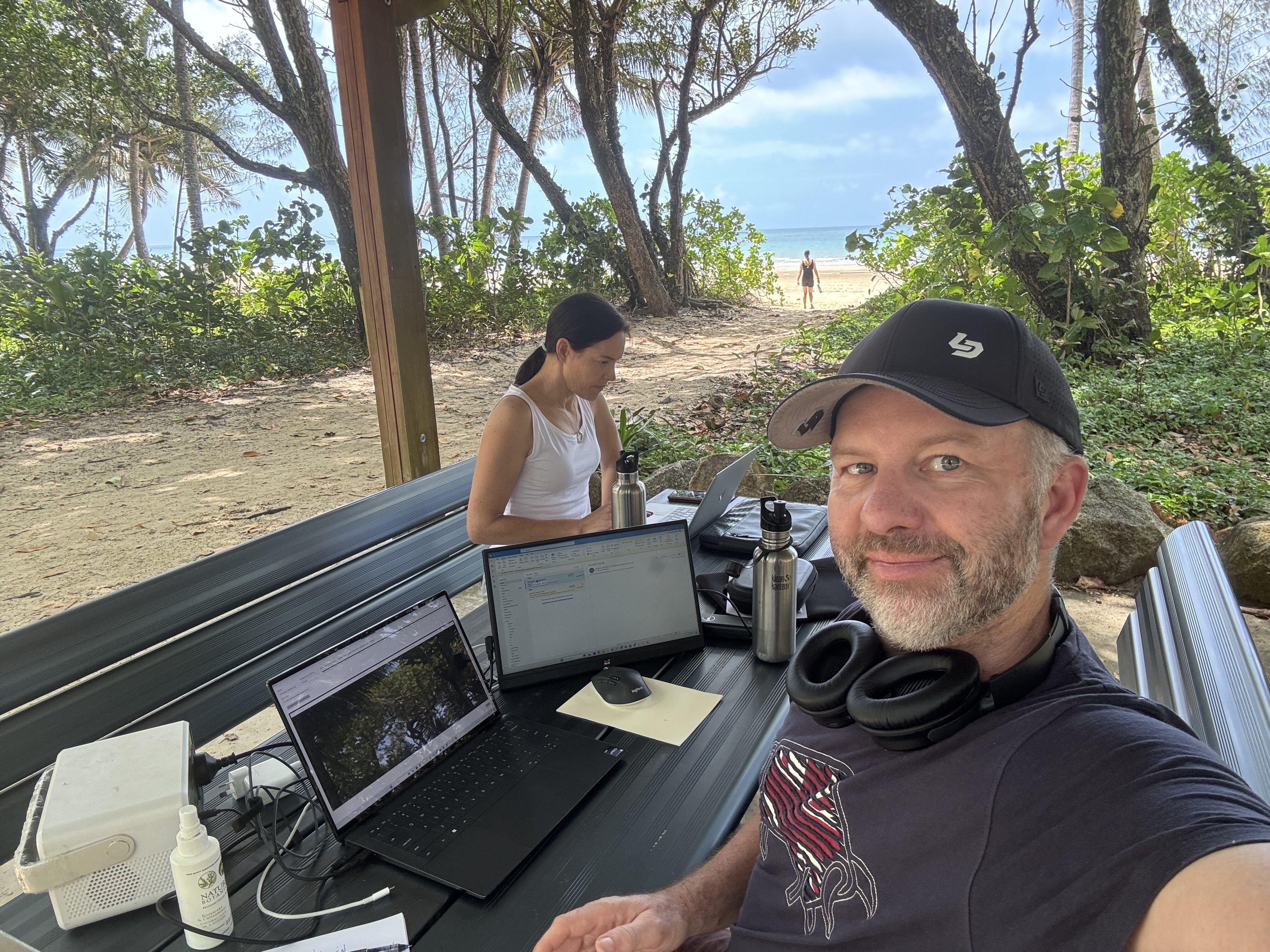Starlink killed my holiday: the days of going offline are over




There’s something deliciously liberating about being offline and unreachable. No cold calls from intrusive telemarketers, no niggling work emails, no pings from Nigerian royalty trying to fleece me of my life savings. Just the joy of disconnection. The quiet rebellion of switching on the ‘out of office’ and disappearing. The modern world can wait. Trump could colonise the moon and I’d be blissfully unaware.
That was the old world order. Now the tech oligarchs have gifted us Starlink. Portable high-speed, satellite-enabled internet that’s available anywhere in Australia, anytime, to anyone with the means. It’s changed how we travel, for better or worse.

For my family, getting away in our caravan is as much about disconnecting from screens as it is travel. We have a no-iPad rule for journeys under an hour. Even then, once we set up camp, devices are banned. Four years ago, we travelled halfway around Australia with the TV hidden in a box under our bed. We told the kids we’d accidentally left it at home. They shrugged and got on with their kiddie business – riding bikes, chasing cane toads, collecting shells and burying each other in the sand. Not a TikToker in sight.
On journeys since, the TV has made a guest appearance on AFL Grand Final Day and that’s about it. I’m always bemused in campgrounds when the first thing to go up after the awning is the TV aerial. Each to their own. Sometimes internet is an evil necessity. Checking in on the family back home, keeping up appearances at work, seeing the weather forecast, booking your next campsite… These things were difficult just four years ago. I remember climbing hills for one precious bar of 4G, sponging off a Cel-Fi booster (remember those?) and driving to a lone Telstra tower at South Lefroy Bay in Ningaloo to book a scuba dive.
Starlink has obliterated reception dead spots (except for recently, when the service – gasp – went down for about 2.5 hours). Internet access is now as ubiquitous as running water. Even more so. When we’re off-grid, water is finite. Internet is not. We can camp out in the outback 300ks from the nearest town, rationing dishwashing and mandating ‘tree wees’, yet bingeing Netflix. Off-grid but very much online.
The first Starlink satellites launched into space in 2019. Today, there are more than 7,000, servicing more than 140 countries, including about 200,000 users in Australia. For RVers, first there was the standard kit, a chunky unit with a separate router that runs off 240V. Then came the Starlink Mini – lighter and more portable with a built-in router powered by 12V. It’s not as fast as the standard but uses a lot less power.

We picked up a second-hand standard Starlink a year ago ahead of a big Queensland trip and recently upgraded to a mini. My husband and I were both working on the road and we could not travel for as long, or go as remote, without internet connectivity. The Starlink was a godsend. My husband could dial in to video meetings and I could edit a magazine from a patch of dirt somewhere on the dinosaur trail. All we needed was power (thanks, inverter) and a clear view of the sky.

And we weren’t the only ones. In campgrounds, everywhere we looked campers had their Starlinks out – on caravan roofs, balanced on drawbars, mounted on poles, even on the road with leads stretched out away from the trees. It wasn’t long before the kids were asking if they could tap in to message their friends, download a movie for the road and play Roblox. Nooooooo!
And here’s the problem with Starlink. It’s annihilated our ability to be offline. To be incommunicado and truly disconnect from our oppressively connected lives. Sure, you can switch off your devices. Chuck out the Starlink and embrace no phone reception like the (not so) old days. But technology is an addiction. Especially for those of us who can’t get out of bed in the morning without checking the BOM forecast and doing the Wordle. Nomophobia ‘no mobile phone phobia’ is a thing. But beyond that, Starlink has removed the physical barrier to be offline, and with it a legitimate excuse. “No phone reception” is no longer a communication block.
But when you’re in Cape York and your neighbours are live streaming the Logies red carpet from their rooftop tent, technology has gone too far.